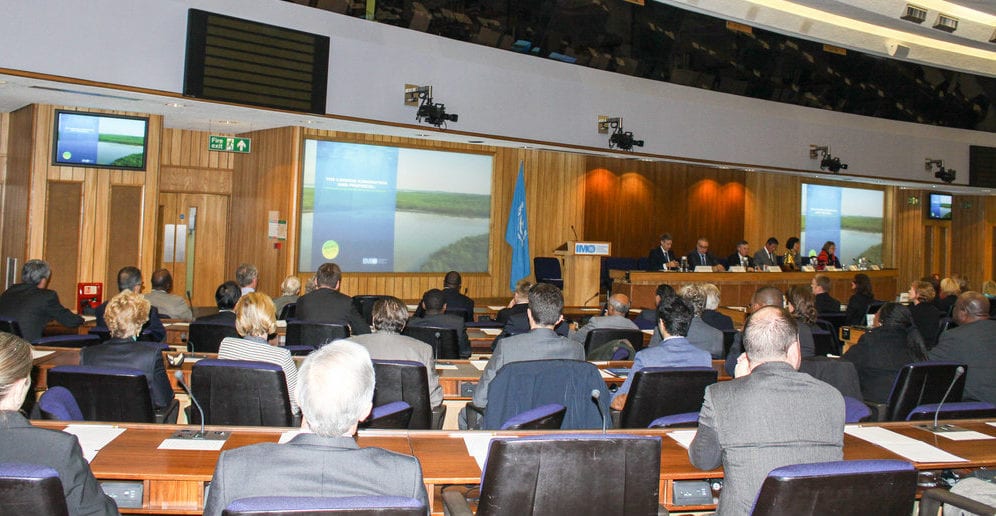Send to a friend
The details you provide on this page will not be used to send unsolicited email, and will not be sold to a 3rd party. See privacy policy.
[JAKARTA] Australia has joined with Nigeria and South Korea to propose a legally binding ban on commercial ocean fertilisation. But the move would not prevent legitimate scientific research, according to Tony Burke, Australian Minister of the Environment.
The proposal was sent to the London Convention and Protocol, which governs marine pollution and dumping at sea, on 16 May, and it will be considered when signatory nations meet in October.
Ocean fertilisation is a controversial geoengineering technique in which nutrient particles like iron, phosphorous and nitrogen are poured into the sea to induce growth of photosynthetic microorganisms — known as phytoplankton — that can fix carbon dioxide from the atmosphere.
When phytoplankton die and sink they transfer carbon into the deep ocean, but their growth is usually limited in nutrient-poor water.
The technique has attracted scientific and commercial interest as a way to generate carbon credits, and as a potential climate change mitigation mechanism. Some also proposed it as a way to boost fish populations.
Last year, American businessman Russ George, then a director of the Haida Salmon Restoration Corporation, dumped 100 tonnes of iron near the Haida Gwaii Islands, off the coast of Western Canada. The aim was to increase phytoplankton populations, thereby boosting marine productivity — and eventually the salmon population. The act enraged scientists and environmentalists, many of whom say iron fertilisation is unscientific and unproven, especially on a large-scale.
Burke says the potential impacts of ocean fertilisation could be severe and may include ocean acidification, harmful algal blooms, oxygen depletion in deep waters or other unwanted consequences for ecosystems, and even for human health.
In a statement, he said: "Adoption of Australia's proposed amendment would mean that the 42 parties in the London Protocol would take precautionary approach while more research is undertaken."
Research would still be allowed so long as it adds to the body of scientific knowledge, has no economic interests, and its results are published in a peer reviewed journal.
Cliff Law, a principal scientist at New Zealand's National Institute of Water and Atmospheric Research who has researched ocean fertilisation, believes this proposal will help protect the world's marine environments.
"It would make the current recommendations of the London Protocol legally binding and will provide clarity on global regulation of ocean fertilisation," Law says.
But Bisman Nababan, who researches climate change impacts on fisheries at the Bogor Agricultural Institute in Indonesia, wants a total ban.
"I think we don't need any research about ocean fertilisation anymore. We already know its negative impacts," he says, pointing to a body of research questioning ocean fertilisation.
However, recent studies have found evidence both for and against the concept.
Press release covering Australia's proposed amendment
This article has been produced by SciDev.Net's South-East Asia & Pacific desk.














